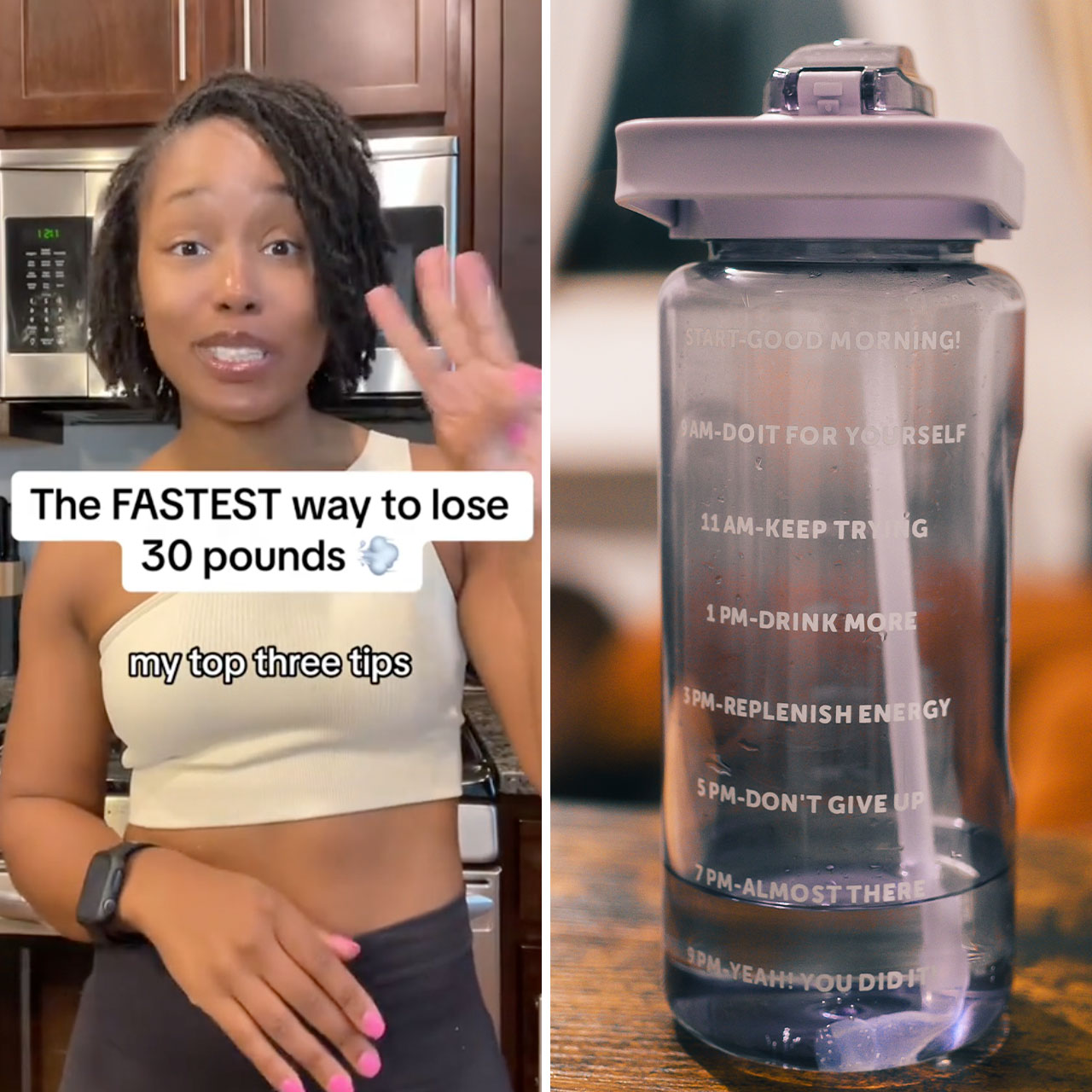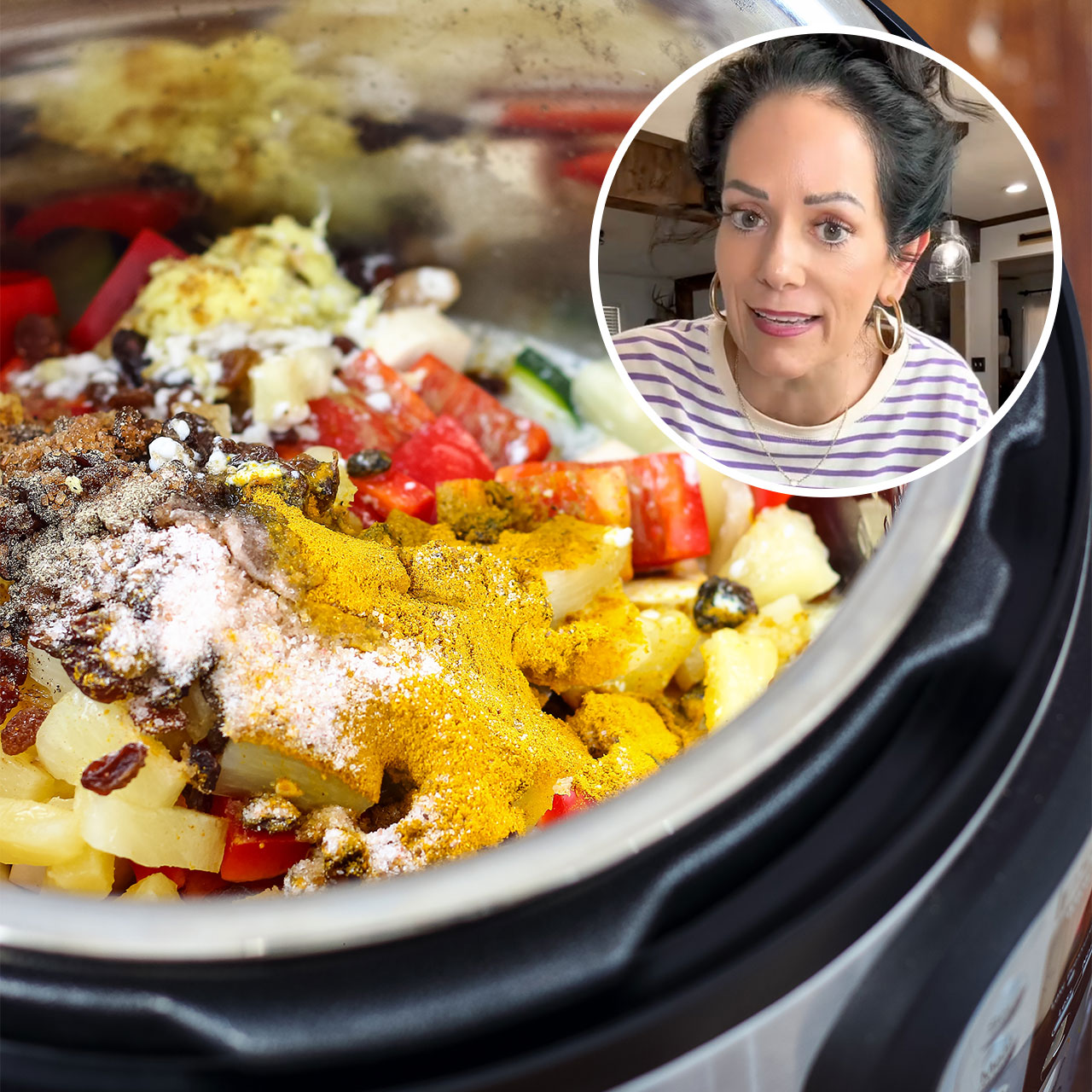This is an archived article and the information in the story may be outdated. Please check the time stamp on the story to see when it was updated last.
Bloating is a very frustrating symptom of digestive discomfort. It can give you an uncomfortable “full” feeling, can make you feel insecure, and can make it difficult to know which foods are safe to eat. Oftentimes when we experience chronic bloating, it can feel as though you’re out of control when it comes to what foods trigger you and what foods don’t. We asked Katelyn Greenleaf and Ciana Bonfiglio of NuLeaf Nutrition how to design a diet that reduces bloating and keeps you feeling your best.


When it comes to what foods cause bloating, it widely depends on your own personal body chemistry. “Everyone is different in which foods make them feel bloated. Many times, a client comes to me thinking that a certain food makes them feel bloated, when in reality, the cause of bloating is from eating too fast or eating too large of a potion,” Greenleaf says, “Other than that, there are some people who have IBS or a food allergy that makes them feel bloated or gassy, and can cause cramps, diarrhea, or other gut issues.”
Greenleaf says that if you struggle with digestive issues such as bloating, some common irritants that you should investigate include cruciferous vegetables, dairy, gluten, and carbonated drinks. Aside from what foods you’re eating, how you’re eating them could impact your digestion. If you eat right before laying down or going to bed, it can cause indigestion which leads to bloating and gas. Additionally, eating prior to exercise could have these effects.

As far as what you should add to your diet, the most important thing to focus on is foods with anti-inflammatory properties, as inflammation is most commonly the source of bloating. Greenleaf first and foremost recommends boosting your fiber intake through loading up on a wide variety of fruits, vegetables, and whole grains. One easy dinner you can make to boost your fiber intake is one that centers around lean meats and a variety of vegetables. Another tip is cooking dinners that incorporate spices like turmeric and oregano--these spices have anti-inflammatory properties and could help reduce bloating for this reason.
Beyond this, Greenleaf says that one common habit that amplifies bloating is eating too fast or too much. Along with eating more fiber and less inflammatory foods, she recommends slowing down while eating meals. “It takes 20 minutes for your brain and your stomach to communicate that you are full,” she says, “Use this tip to slow down eating, prevent overeating, and lower the risk of bloating.” Taking the time to listen to your body’s natural cues is important when working to reduce digestive issues.
Consulting with your doctor to identify your own unique triggers is the first thing you should do when you experience chronic bloating. However, making sure you’re eating a variety of high fiber foods, slowing down during mealtimes, and avoiding eating before bed or exercising, are a few ways you can reduce bloating.


























